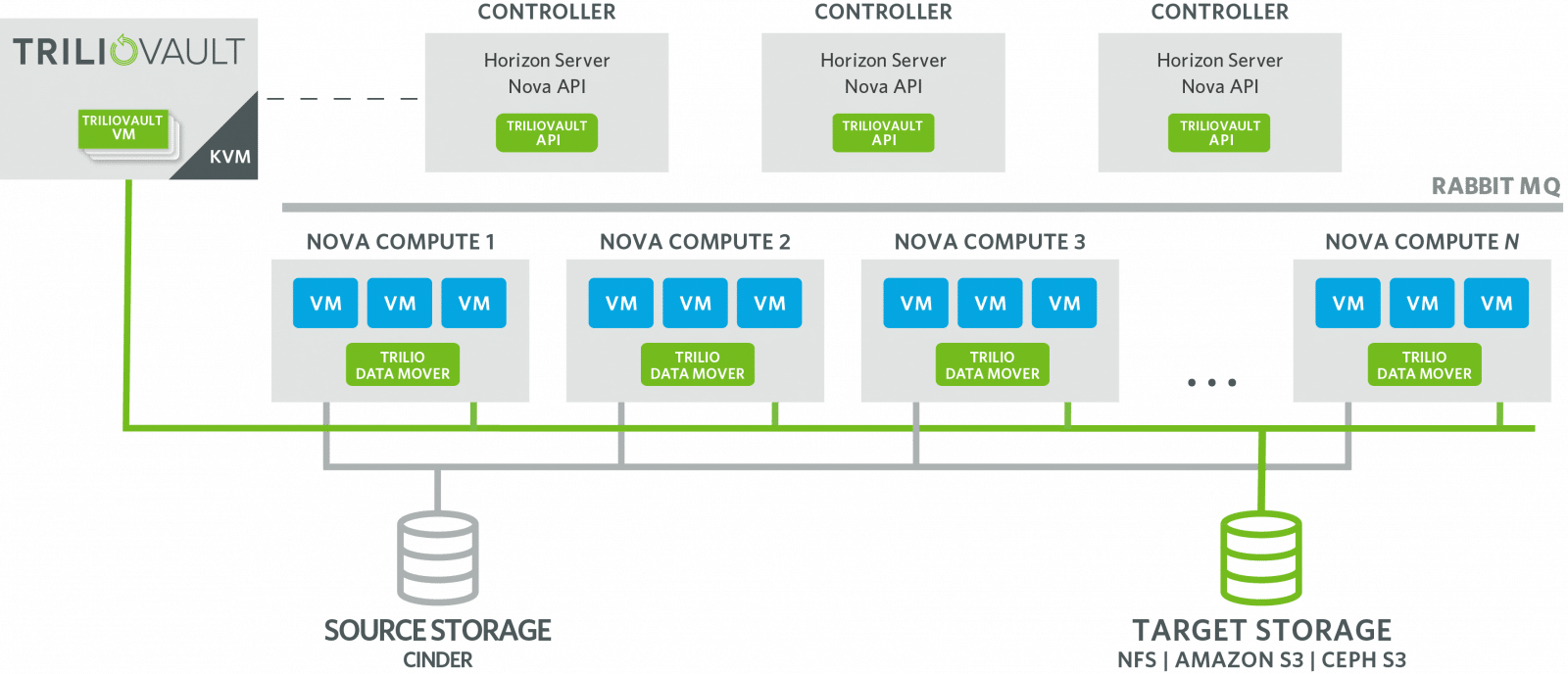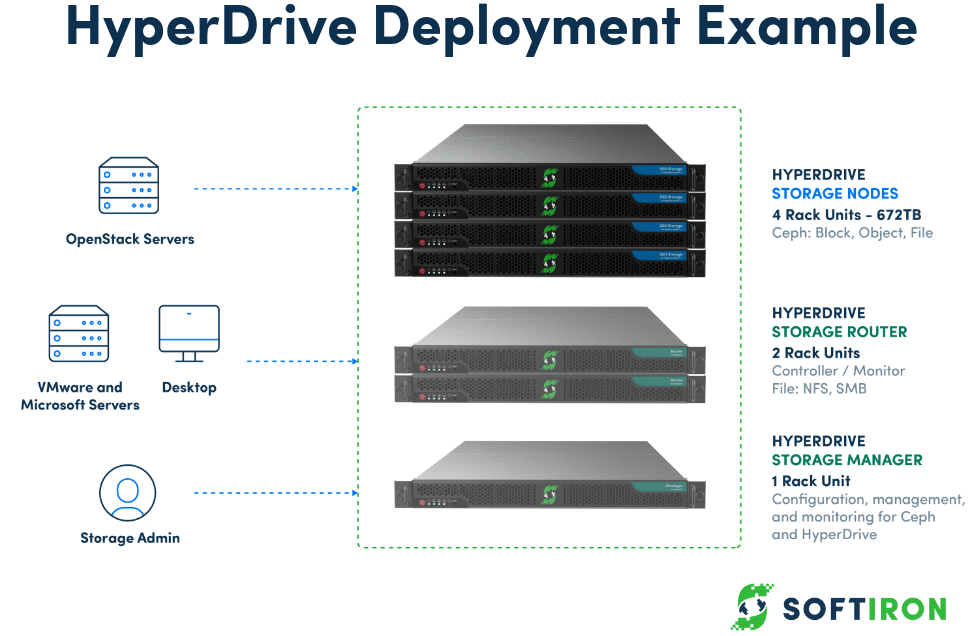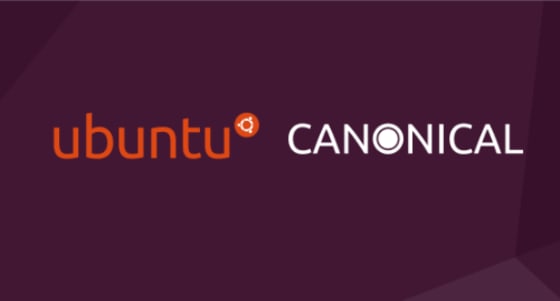Our News Bits is a roundup that typically covers news pieces that are just small in content, not in impact. This gives content room to breathe even if it comes in less than what we normally cover. This week the OpenStack Open Infrastructure Summit took place in Denver, Colorado. While we covered the major announcements from the OpenStack Foundationand Red Hat, there were several other smaller announcements. These announcements come from vendors such as Trilio, SoftIron, Canonical, and Rook.
Trilio Unveils TrilioVault 3.2

Trilio released the latest version of its native data protection and recovery solution for OpenStack and RHV, TrilioVault 3.2. New enhancements include:
- Protection for cloud infrastructure built on IPv6
- Advanced logging and end-to-end monitoring via ELK framework support
- Improved self-service management via Keystone user group support
- Compatibility for production Cinder storage using multi-Ceph clusters within one OpenStack cloud
- Version compatibility with OpenStack Rocky (Upstream)
- Performance enhancements for faster backup and recovery times
- Enhanced network topology support
SoftIron Releases HyperDrive Density+

SoftIron announced the release of their newest Ceph-optimized storage appliance, HyperDrive Density+. According to the company, SoftIron's HyperDrive platform is a portfolio of dedicated Ceph appliances and management software, purpose-built for software-defined storage (SDS). HyperDrive Density+ harnesses their unique, embedded multi-processor technology to compactly combine performance and internal flash tiering into a single, 1U Ceph appliance. The result is the ideal solution for those looking to balance performance and price point in their data centers. HyperDrive balances out cost and performance through a combination of an SSD tier and an HDD tier that, in their words, provides the performance of all flash with the benefit of only paying for HDD level storage.
Canonical Announces Ubuntu Advantage for Infrastructure

Canonical announced its consolidated enterprise security, compliance and support offering, Ubuntu Advantage for Infrastructure. According to the company this new offering can cover the full range of open source infrastructure capabilities for up to 10 years. Ubuntu Advantage for Infrastructure comes in three flavors: Essential (for those that don’t need tech support), Standard, and Advanced.
Rook Releases v1.0

Rook, the open source cloud native storage orchestrator for Kubernetes, has announced their first major release, v1.0. Highlights include:
- The rook.io website has been completely redesigned with a new experience, artwork, user guides, and documentation layout.
- The Ceph operator now supports Nautilus, the latest major version of Ceph, along with all of its new features and improvements. Nautilus joins the existing support for Luminous and Mimic. Also, the Ceph cluster upgrade process is now fully automated, helping ensure the success of your upgrades by removing the error-prone manual steps.
- EdgeFS added significant new storage protocol support with OpenStack Swift and a new iSCSI block storage CSI driver as well. A brand new management experience has been built, which includes friendly “wizards” to setup your cluster as an alternative option to managing YAML files directly.
- The usability of Rook’s NFS operator has been greatly improved by adding new dynamic provisioning support. Now, when your pod requests an NFS file system, Rook will on-demand provision and prepare it without any manual intervention.




 Amazon
Amazon